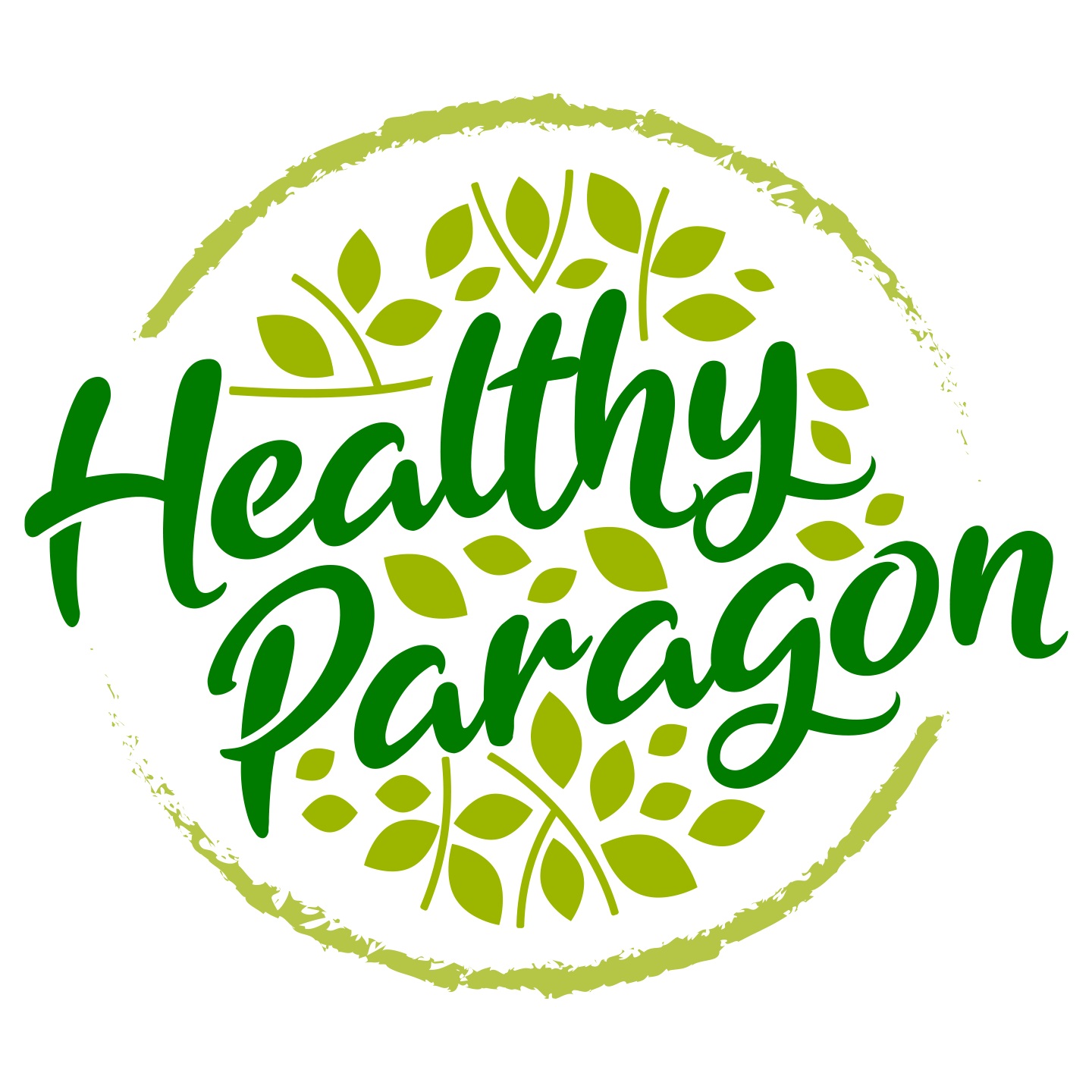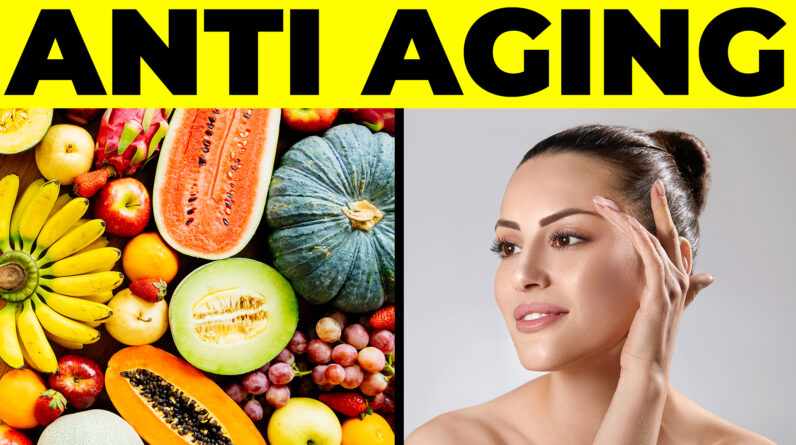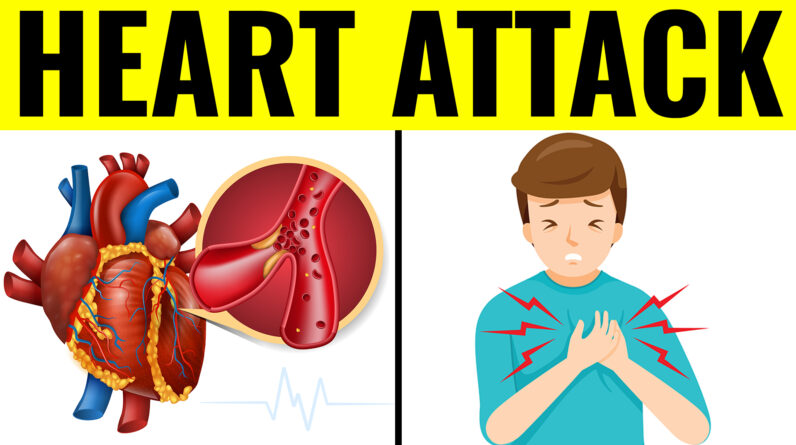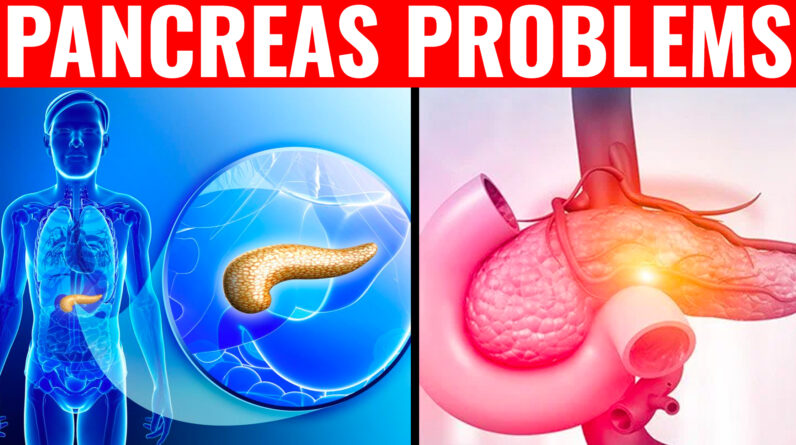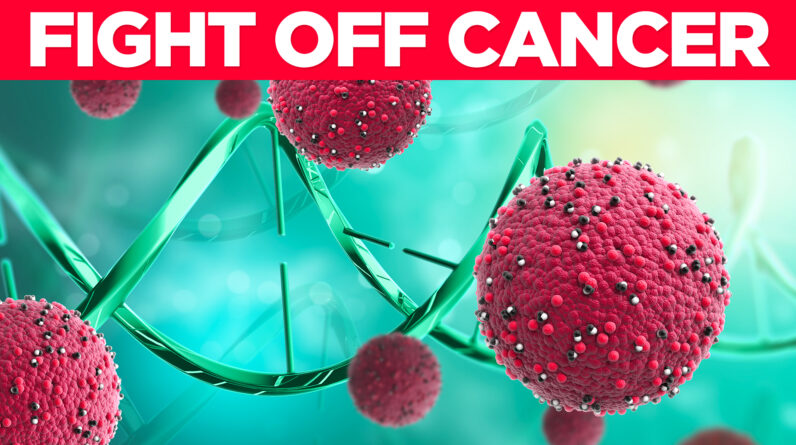
Diet is one of the most important factors that affect our health and wellbeing. Nearly everything that pertains to your health ends up being about what you eat. Even in the prevention of chronic diseases like diabetes, heart diseases, and even cancer, what you eat can increase your odds to beat them down.
In fact, in the development of cancer, it’s been proven by research that your dietary choices wield massive influence on whether you come down with it or not. For instance, studies have shown that people who take in a lot of fruits and veggies lower their risk of cancer because of their rich concentrations of phytochemicals and antioxidants.
Phytochemicals and antioxidants are two important nutrients which protect your cells from damage and mutation. They also protect your cells from the harmful compounds found in the environment and even sometimes in your food, some of which can increase your risk of cancer.
Now, with that said, what are those foods that are rich in phytochemicals and antioxidants? Today, we present to you our top ten foods to take to reduce your chances of getting cancer.
Number one is garlic.
Yes, it gives you stinky breath but garlic will do wonders for your body. Those same sulfur compounds that make your mouth stink after you take garlic are the very same compounds that make garlic one of the best foods for fighting cancer. They keep cancer-causing compounds from forming, speed up DNA repair, and even kill cancer cells.
Besides, garlic also eliminates bacteria known to cause certain ulcers as well as stomach cancers. Also, according to research, this action reduces your risk of coming down with a wide array of cancers including colon, pancreatic, stomach, and breast cancers.
To get the best of garlic, let your garlic sit for about 15 to 20 minutes after you peel and chop them before you cook them. Doing this will activate the enzymes in them and release the sulfur compounds which do the cancer-fighting work.
Now, although garlic is the powerhouse of the allium family, its cousins are also known to have some level of anti-cancer properties. So, don’t forget to stock up on leeks, onions, scallions, and chives as well.
At number two, we have broccoli.
Broccoli is a cruciferous vegetable and cruciferous veggies are known to have strong cancer fighting properties, thanks to the presence of a compound known as sulforaphane.
Sulforaphane has been shown to shrink the number and size of breast cancer cells by 75%. Similarly, in an animal study where mice were treated with sulforaphane, the compound helped to eliminate prostate cancer cells while reducing the volume of the tumor by over 50%.
Other studies have also shown that an increase in the intake of broccoli will help to lower your risk for colorectal cancer as well as colon cancer.
All you have to do, really, is to incorporate broccoli with your meals a few times a week and you’ll be reaping significant cancer-fighting benefits.
At number three, we have apples.
Yes, an apple a day does keep the doctor at bay. And not just the doctor, an apple a day can help keep the cancer away. Why? Because apples contain a compound called polyphenols which have shown promising signs in helping to prevent cancer.
Polyphenols are plant compounds and it is believed that they can help to fight inflammation, infections, as well as cardiovascular diseases. Some research findings go further to show that they may also possess some tumor-fighting and cancer-preventing properties as well.
For instance, polyphenols contain a protein called phloretin. This phloretin helps to inhibit another protein known as Glucose Transporter 2 which stimulates advanced-stage cell growth in certain cancers.
Plus, another study published in the Journal of Food and Drug Analysis has also suggested that the phloretin found in apples can help to significantly inhibit the advancement of breast cancer without necessarily harming other normal cells.
At number four, we have tomatoes.
Everyone loves tomatoes, right? They are super attractive thanks to their reddish color. And this same reddishness is what makes them lethal against heart disease and prostate cancer.
Tomato gets its red color from a phytochemical known as lycopene. Lycopene is a powerful antioxidant that is known to reduce a person’s risk of prostate cancer when taken in sufficient amounts.
Lycopene has also been shown in laboratory tests to inhibit the growth of other types of cancers besides prostate cancers including lung cancer, endometrial cancer, and breast cancer.
To get the most out of lycopene, you can have your tomatoes, cooked or processed. You can also have them as pizza sauce or as tomato juice.
Processed tomato is great because it helps your body better absorb the anticancer compounds locked in tomatoes as the heat will break down the cell wall of the fruit, releasing lycopene more easily.
Now, other foods that contain lycopene in sufficient amounts include pink grapefruit, watermelon, and red bell peppers.
Number five brings us to carrots.
Consuming enough carrots will reduce your risk of developing certain kinds of cancers and studies have confirmed that.
For example, after comparing results from five studies, it was found that eating carrots can help lower your risks of stomach cancer by almost 30%. In another study, eating carrots was shown to lower risks of prostate cancer by almost 20% as well.
So, you want to try including carrots in your daily diet. You can have them as a snack or you can have them as a side dish. Even eating them just a few times a week is enough to beat down your odds for cancer significantly.
We now move to number six, and at this position, we have berries.
Berries are full of dietary fibers, vitamins, and minerals. They also have antioxidant properties which are very important if you’re fighting off cancer.
In one study, it was found that a certain compound found in blackberries known as anthocyanin can help to reduce risks for colon cancer.
In another study, it was found that blueberries possess anti-inflammatory properties which can inhibit the growth of breast cancer cells in small animals like mice.
As for strawberries and raspberries, they come with high concentrations of flavonoids, vitamin C which is an excellent antioxidant, as well as ellagic acid which is a phytochemical. Each of these substances either destroy cancer cells or prevent them altogether in different parts of your body.
From cancers of the pancreas, to cancers of the throat, mouth, larynx, prostate, and stomach, eating berries can help to fight a wide range of cancers.
Next on our list, at number seven is beans.
Beans is a highly fibrous food and so it helps with protecting against colorectal cancer. It’s also been found through research that eating beans can help to reduce the chances of a tumor recurrence in patients treating cancer.
And you don’t even need to eat too much. Just a few servings of beans every other day is enough to beef up your fiber which can, in turn, keep you from developing cancer.
Now, at number eight, we have whole grains.
Whole grains are healthier. Keep this in mind the next time you want to buy white bread. Whole grain bread is better in every way, whether in terms of taste or nutritional. No question about that, and all thanks to the presence of whole grains.
In fact, by federal nutrition guidelines, half of your grain intake should be whole grains whether it’s cereal, rice, or even chips.
Whole grains are highly nutritious with loads of fiber, lignans and saponins which can inhibit the growth of cancer cells, and even, in some cases, kill them altogether.
So, when next you go to get bread, look for one that’s 100% whole wheat. Don’t just pick the next wheat bread on the shelf because it’s very likely to contain a lot of refined grains. To take things up a notch, you can also get a whole wheat bread that comes with sesame seeds or flaxseed sprinkled on top.
Next, we have cinnamon.
Cinnamon reduces blood sugar levels, eases inflammation, and also limits the spread of cancer cells as well. There have been several studies conducted which show that cinnamon can significantly reduce the size of cancer cells especially around the neck and head.
By including even just a teaspoon of cinnamon in your diet, you can lower your risk of getting cancer. You can also reduce your blood sugar and fight any inflammation that might exist in your body.
Finally on the list, we have olive oil.
It’s no surprise that olive oil is a staple of the Mediterranean diet. As several studies have shown, increasing your intake of olive oil can help to reduce your risk of both breast and stomach cancers.
It might be in your best interest to replace the other oils in your pantry with olive oil. And there are so many ways you can include it in your diet. You can use it in your fish, meat, or poultry marinades. You can also spread it over cooked veggies or salads.
With that we come to the end of today’s article. We do hope you make the necessary dietary changes needed to improve your odds against cancer.
